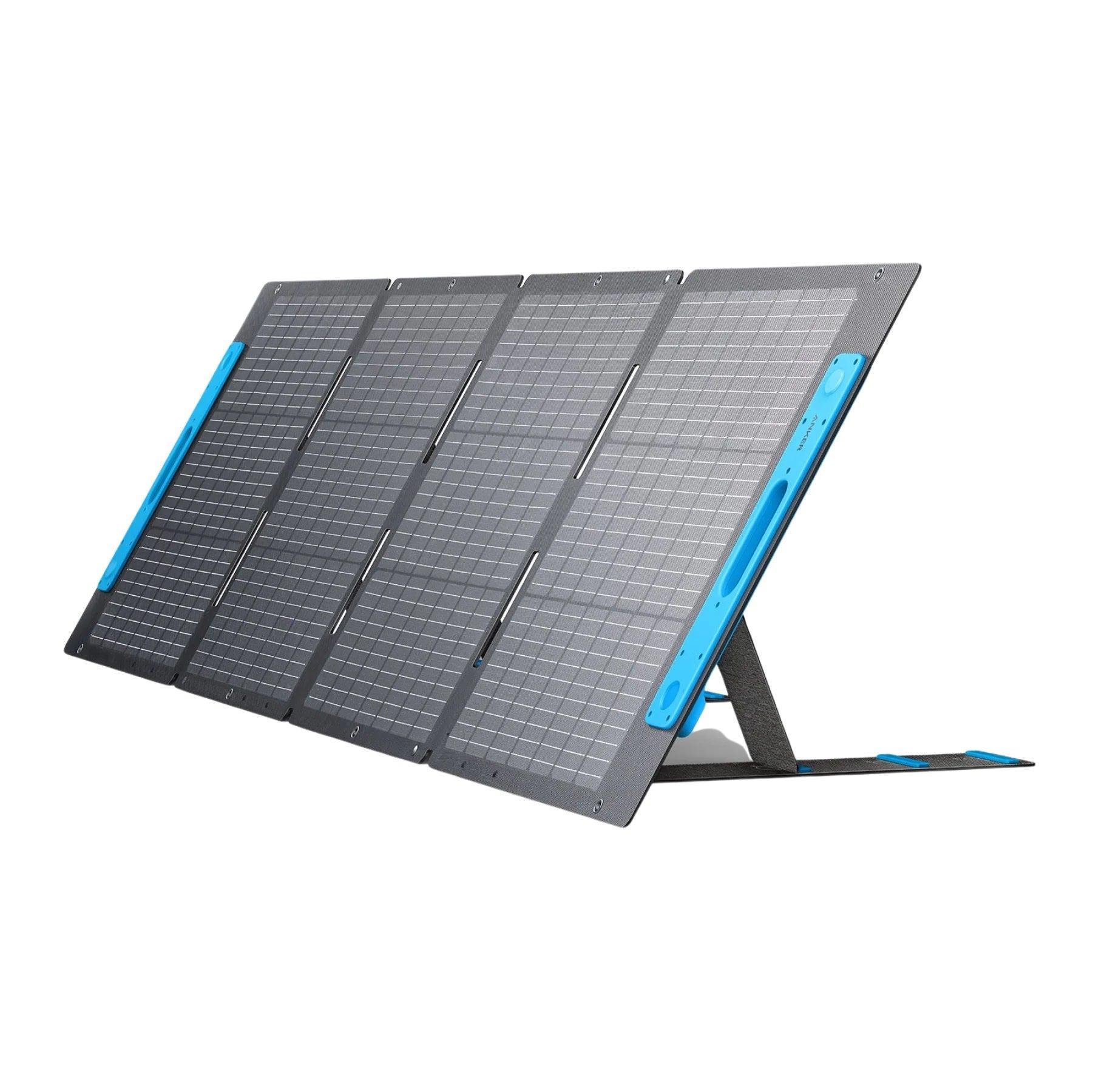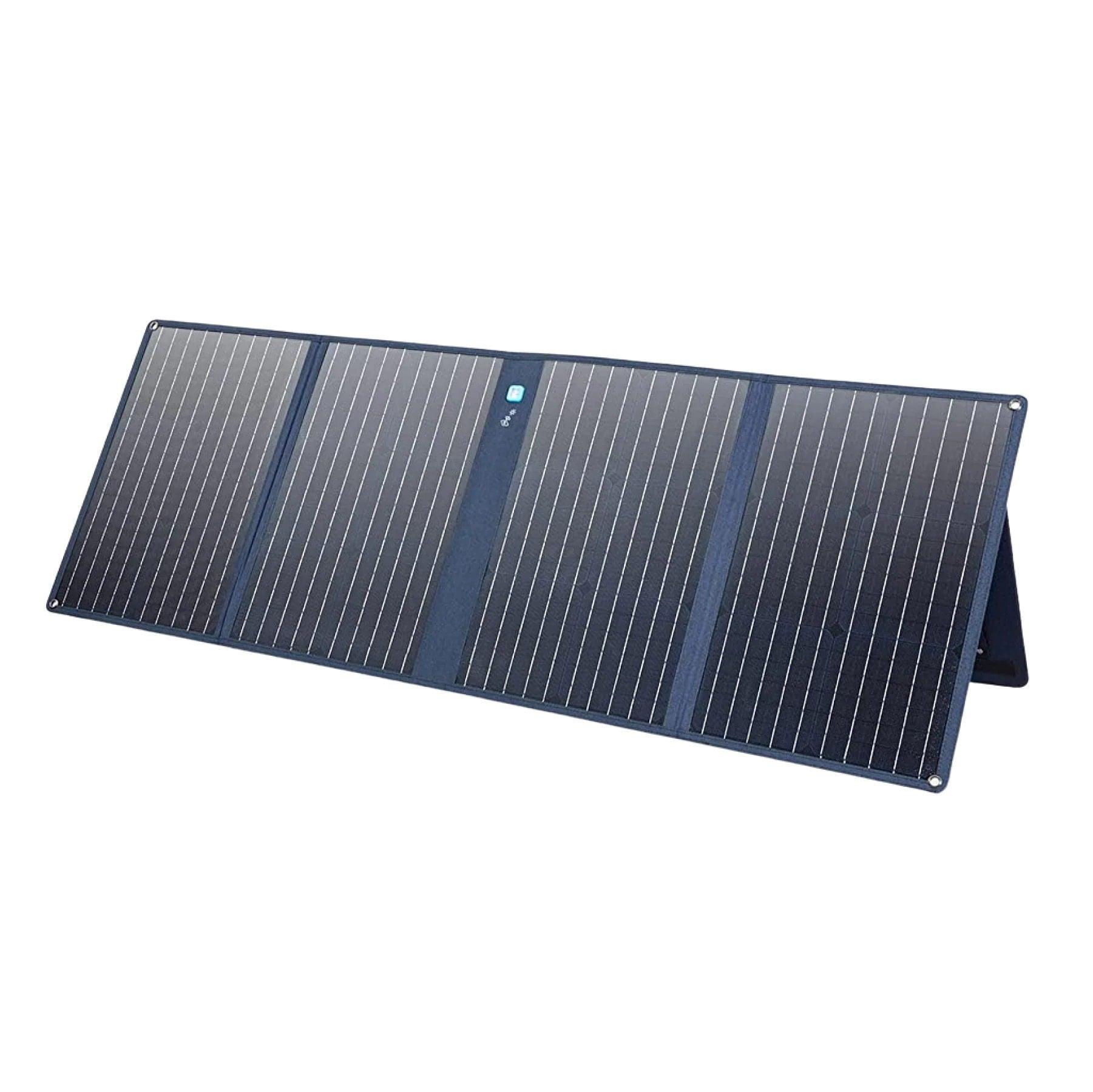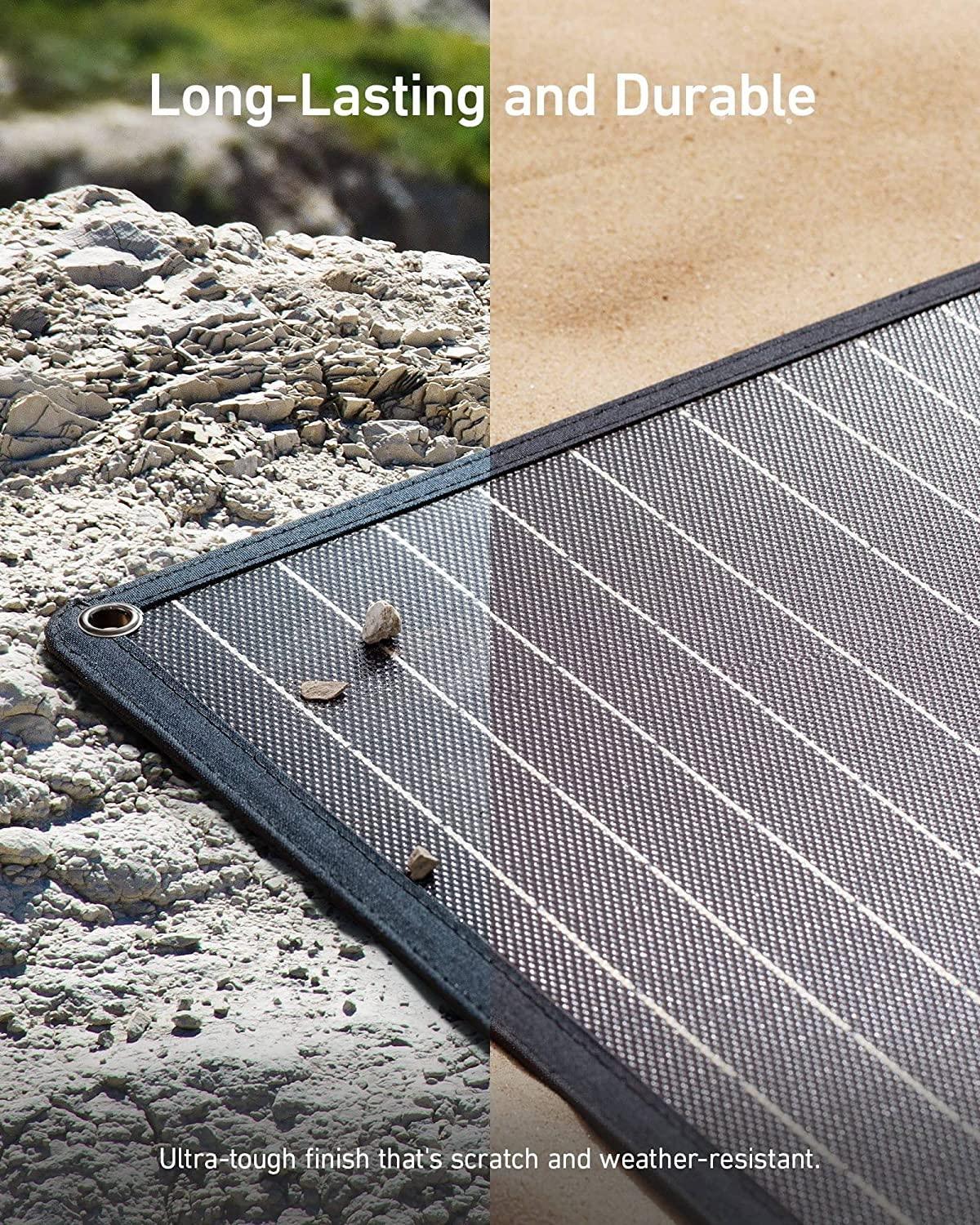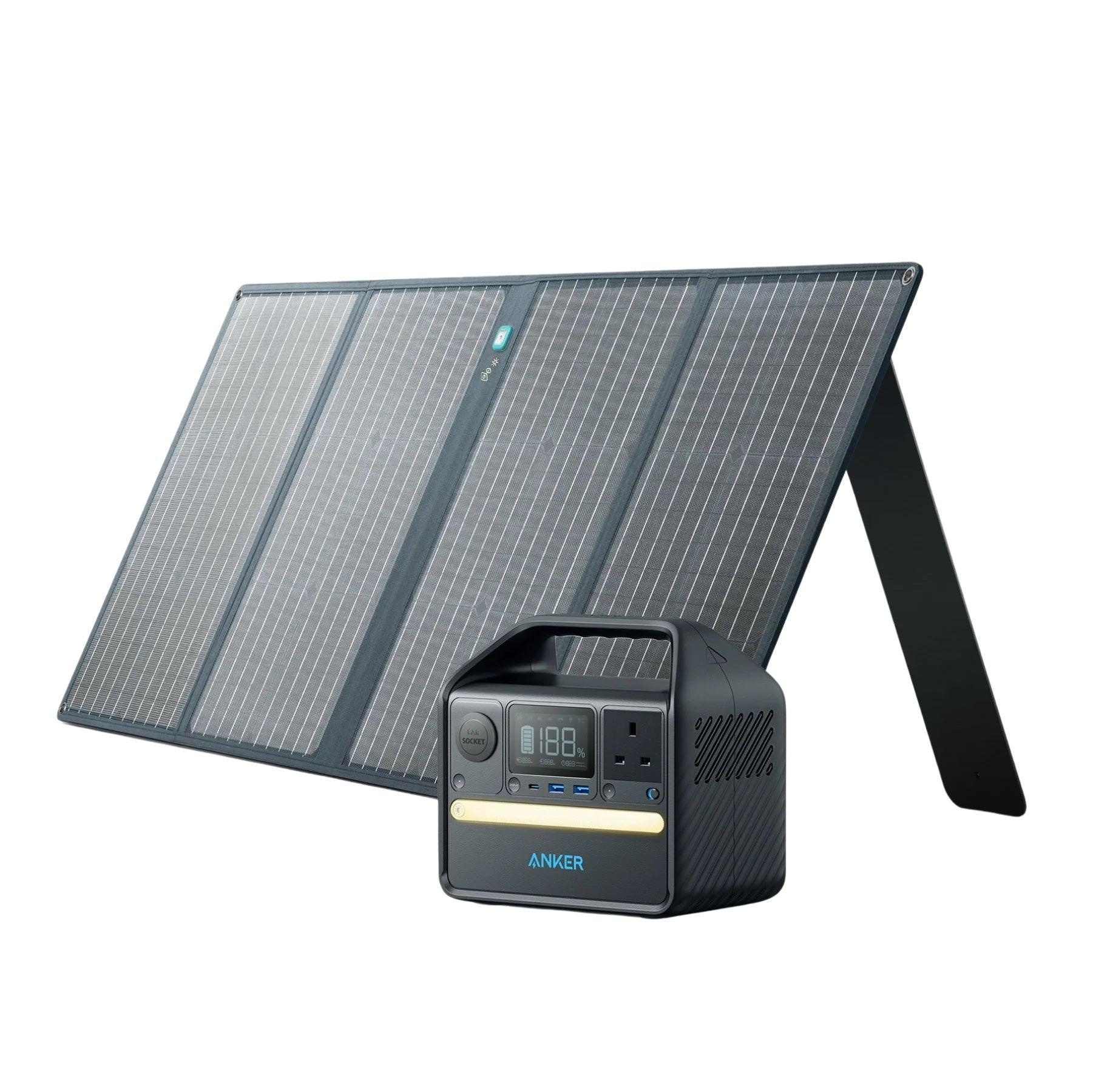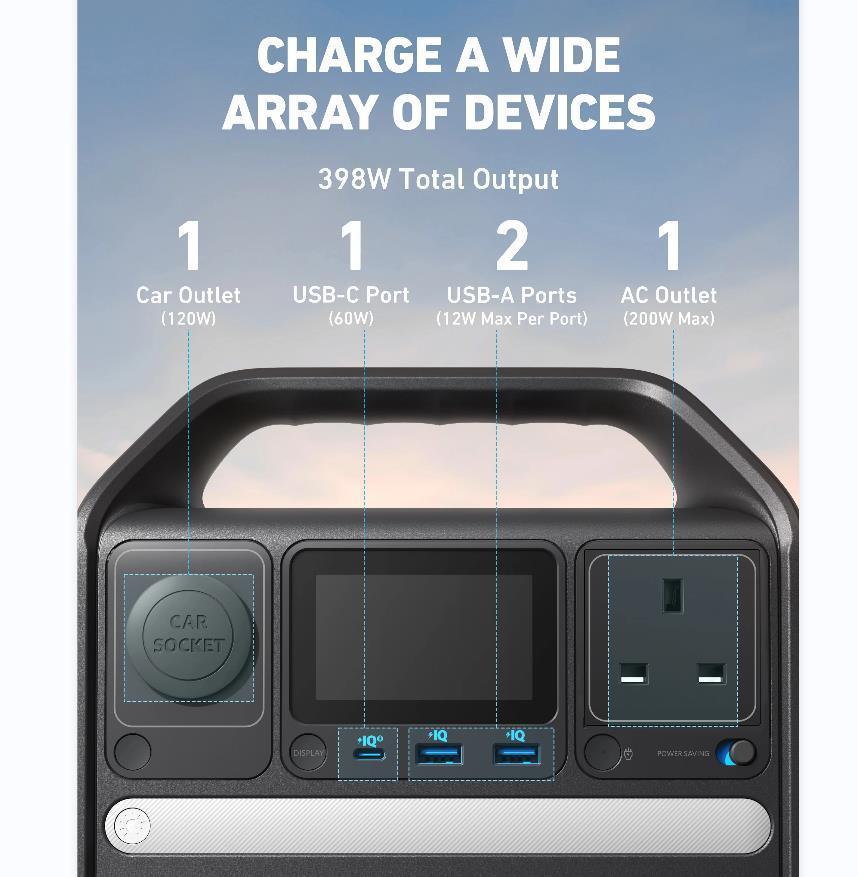Solar energy is rapidly gaining popularity as a clean and sustainable alternative to traditional forms of energy. One of the key reasons behind this shift is the positive impact solar panels have on the environment. In this blog post, we will delve into the topic on how are solar panels good for the environment, from reducing greenhouse gas emissions to preserving ecosystems. Additionally, we will explore how you can transition to solar energy and address frequently asked questions regarding its sustainability and efficiency.

How Does Solar Panels Help the Environment?
Solar panels have revolutionized the energy landscape by providing a clean and renewable source of power. The environmental benefits they offer are significant and wide-ranging. In this section, we will discuss how solar panels contribute to a healthier planet by reducing greenhouse gas emissions, decreasing reliance on fossil fuels, mitigating air and water pollution, combating climate change, and preserving ecosystems. By harnessing the sun's energy, solar panels play a vital role in creating a sustainable future and addressing the pressing environmental challenges we face today.
Reduced Greenhouse Gas Emissions

One of the primary advantages of solar panels is their ability to significantly reduce greenhouse gas emissions. Unlike fossil fuels, solar panels generate electricity without burning any fuel, thereby eliminating the release of harmful gases like carbon dioxide (CO2) and methane (CH4) into the atmosphere. By harnessing the power of the sun, solar panels provide a renewable energy source that does not contribute to global warming or climate change. This clean energy production plays a vital role in reducing the overall carbon footprint of our society. Solar panels truly exemplify how solar panels help the environment by combatting climate change and promoting a sustainable future.
Decreased Dependence on Fossil Fuels

The use of solar panels also helps to decrease our dependence on fossil fuels. Traditional methods of electricity generation rely heavily on burning coal, natural gas, and oil, which not only depletes finite resources but also contributes to air pollution and environmental degradation. Solar energy, on the other hand, is an abundant and renewable resource that provides a viable alternative to fossil fuel-based power generation. By embracing solar panels and transitioning to solar energy, we can reduce our reliance on fossil fuels and move towards a more sustainable energy future.
Air Pollution Reduction

Solar panels offer a significant advantage in terms of reducing air pollution. Burning fossil fuels for electricity generation releases pollutants such as sulfur dioxide (SO2), nitrogen oxides (NOx), and particulate matter into the air, which have detrimental effects on human health and the environment. In contrast, solar panels produce electricity without any emissions, leading to cleaner and healthier air quality. By adopting solar energy, we can mitigate the adverse impacts of air pollution and create a healthier living environment for ourselves and future generations.
Water Pollution Reduction

In addition to air pollution, solar panels also help in reducing water pollution. Conventional power plants that rely on fossil fuels often require large amounts of water for cooling purposes, resulting in the discharge of heated water into rivers and other bodies of water. This thermal pollution can harm aquatic ecosystems and disrupt the natural balance of water ecosystems. Solar panels, on the other hand, require minimal water for their operation and do not contribute to water pollution. By embracing solar energy, we can safeguard our precious water resources and protect aquatic life.
Mitigation of Climate Change

Climate change is one of the most pressing global challenges we face today, and solar panels play a crucial role in mitigating its effects. The electricity generated by solar panels produces zero greenhouse gas emissions, which helps to stabilize the Earth's climate by reducing the concentration of greenhouse gases in the atmosphere. Solar panels not only provide a sustainable energy source but also contribute to the preservation of our planet for future generations. The collective effort of individuals, businesses, and governments in adopting solar energy can significantly contribute to tackling climate change and securing a sustainable future.
Preservation of Ecosystems

Solar panels help in preserving ecosystems by reducing the need for land and resource-intensive energy generation methods. Traditional power plants often require vast areas of land for coal mining, oil drilling, and infrastructure development. These activities can lead to deforestation, habitat destruction, and the loss of biodiversity. Solar panels, on the other hand, can be installed on rooftops, unused land, or in solar farms, minimizing their impact on natural habitats. By embracing solar energy, we can prioritize the conservation of ecosystems and protect the delicate balance of our natural environment.
How to Turn to Solar Energy?
Transitioning to solar energy is a practical and rewarding step towards a sustainable future. Here are a few key steps to consider:
- Evaluate your energy needs: Assess your current energy consumption and identify how much energy you would like to generate from solar power.
- Consult with professionals: Engage with reputable solar panel installers and discuss your specific requirements and goals. They can guide you through the process and provide expert advice.
- Conduct a site assessment: Determine the feasibility of solar panel installation on your property by assessing factors such as available space, shading, and orientation towards the sun.
- Financing options: Explore various financing options such as purchasing the system outright, leasing, or entering into a power purchase agreement (PPA). Consider available incentives, tax credits, and rebates to reduce the upfront costs.
- Installation and maintenance: After selecting a solar panel system, you can connect the output leads to a solar generator or portable power station to use the power right away, or you can make an appointment with a trained operator to set up the system. Regular maintenance and monitoring of the system will ensure optimal performance and longevity.
By following these steps and working closely with professionals, you can smoothly transition to solar energy and contribute to a greener and more sustainable world.
Conclusion
Solar panels are a game-changer when it comes to environmental sustainability. By reducing greenhouse gas emissions, decreasing dependence on fossil fuels, and mitigating climate change, solar panels offer a clean and renewable energy solution. Moreover, they contribute to the reduction of air and water pollution, while also preserving ecosystems. Transitioning to solar energy requires careful planning and consultation with professionals, but the long-term benefits are well worth the effort. Embrace solar energy today and join the movement towards a greener future.
[ddshopfaq-59439]

